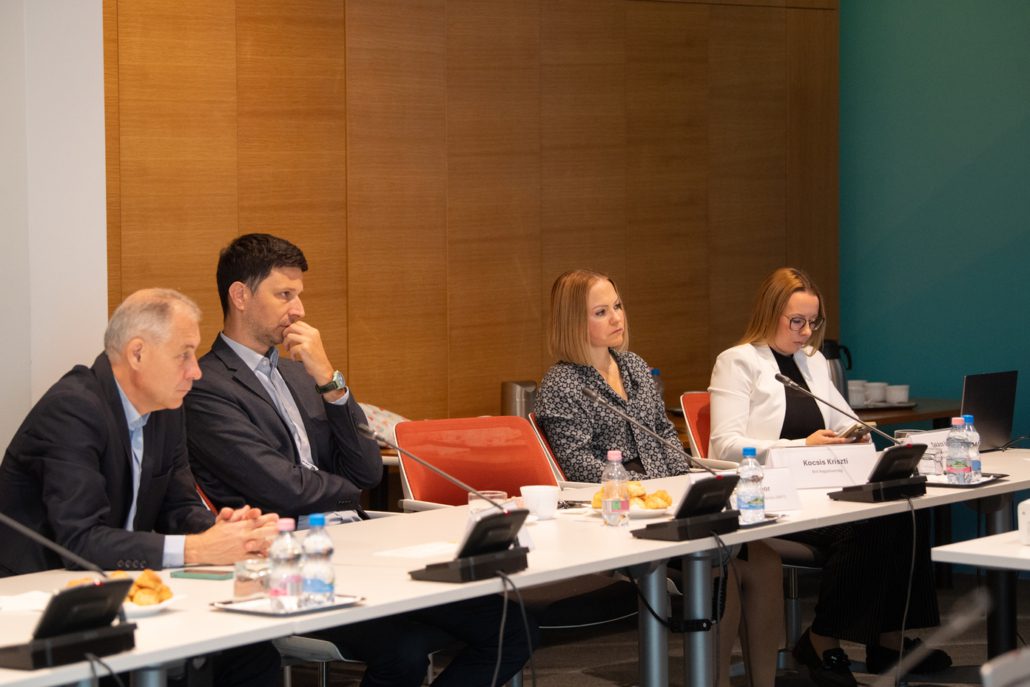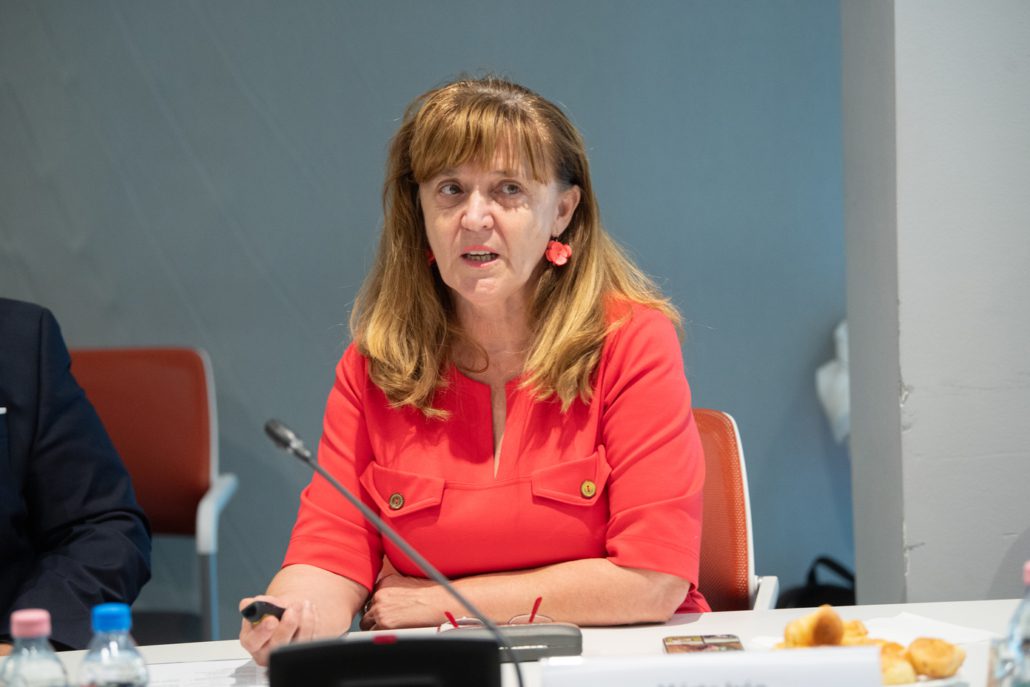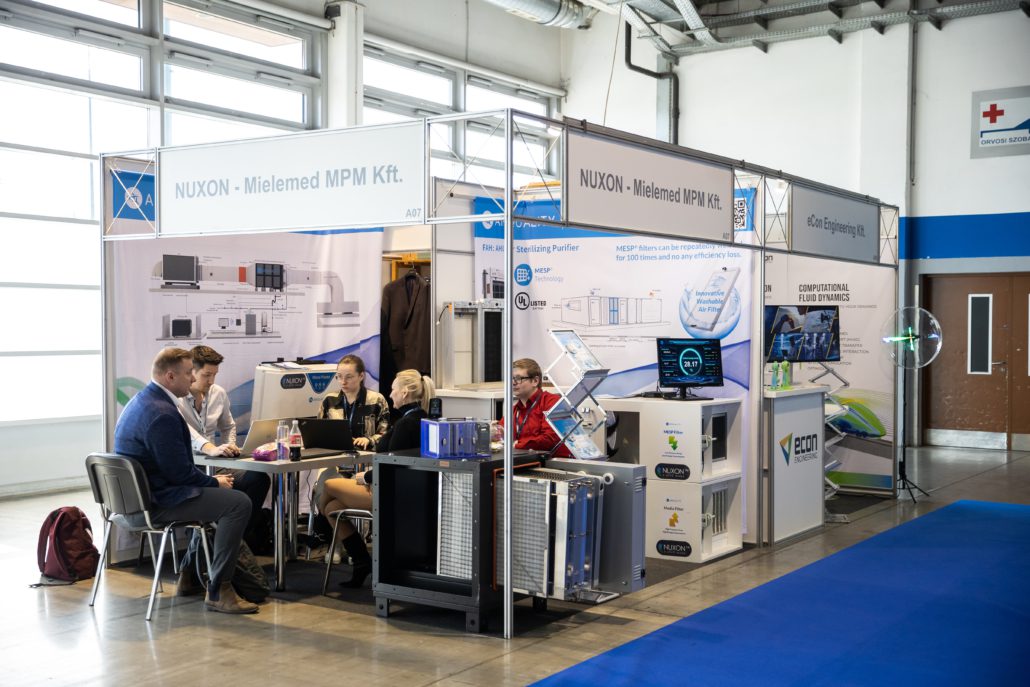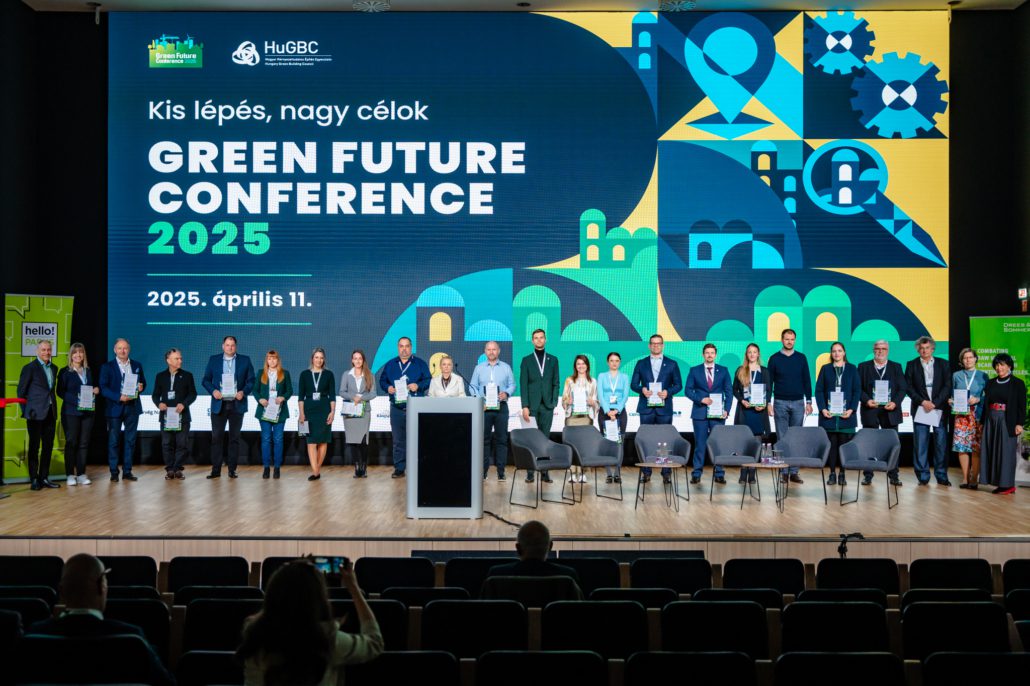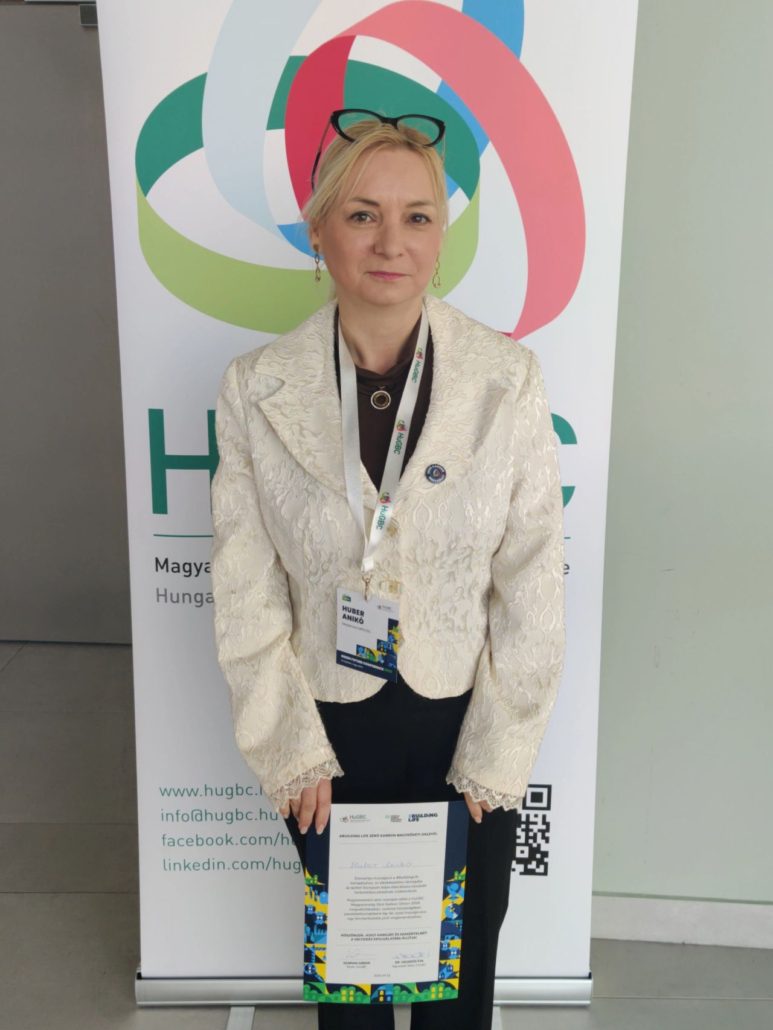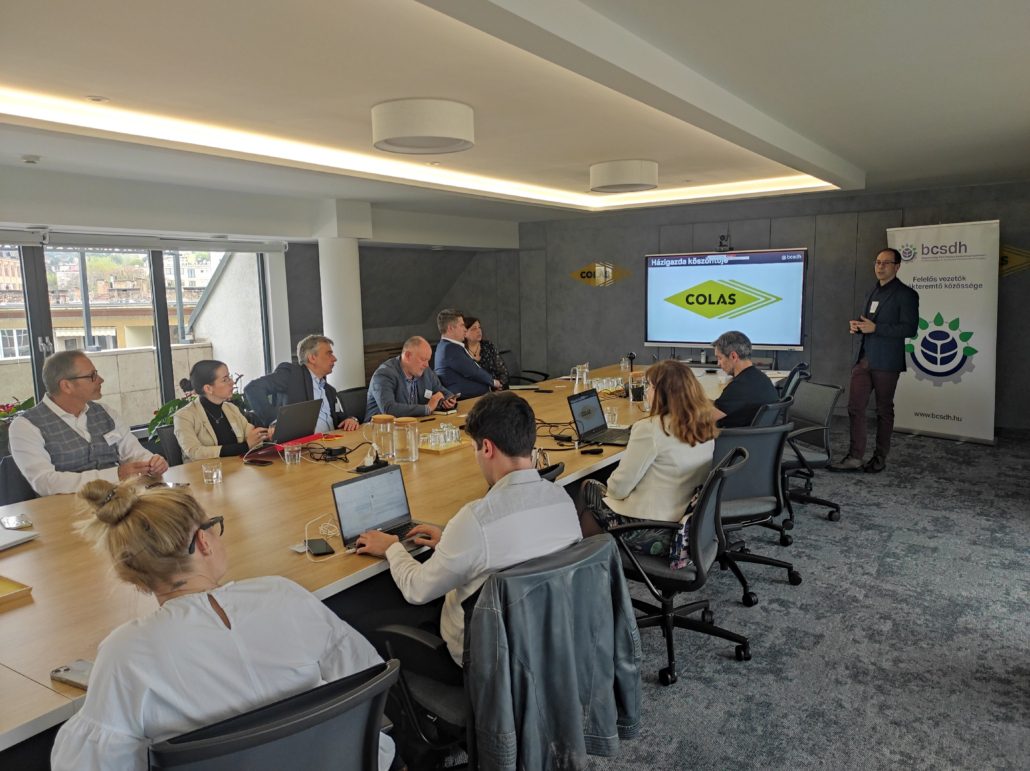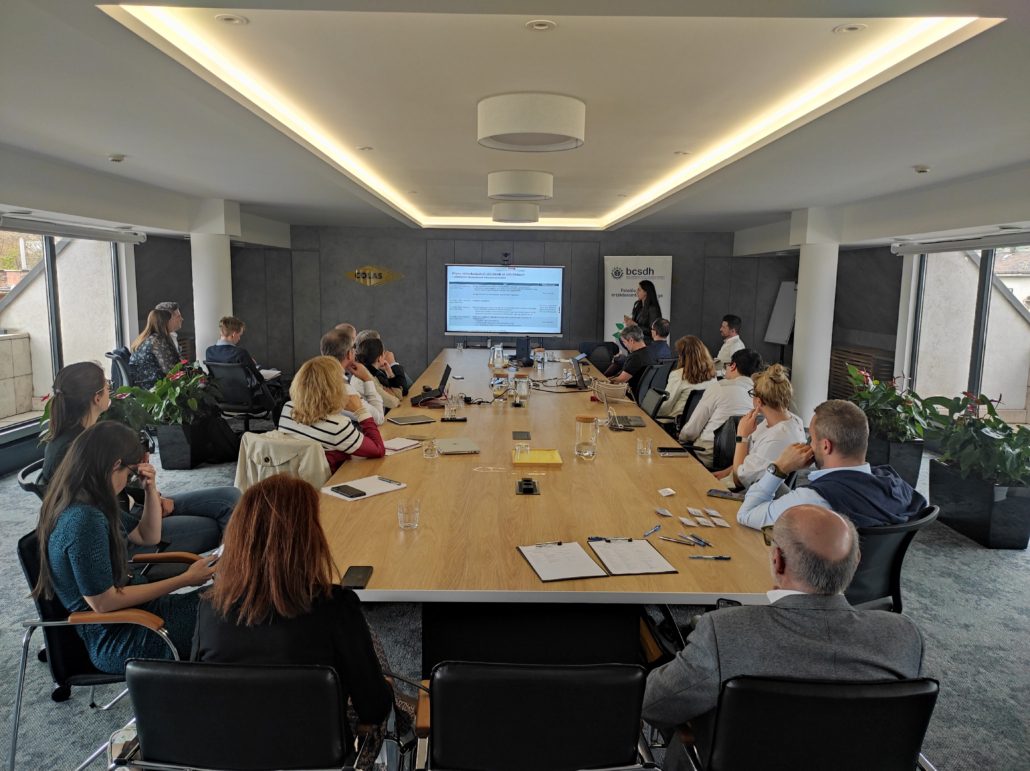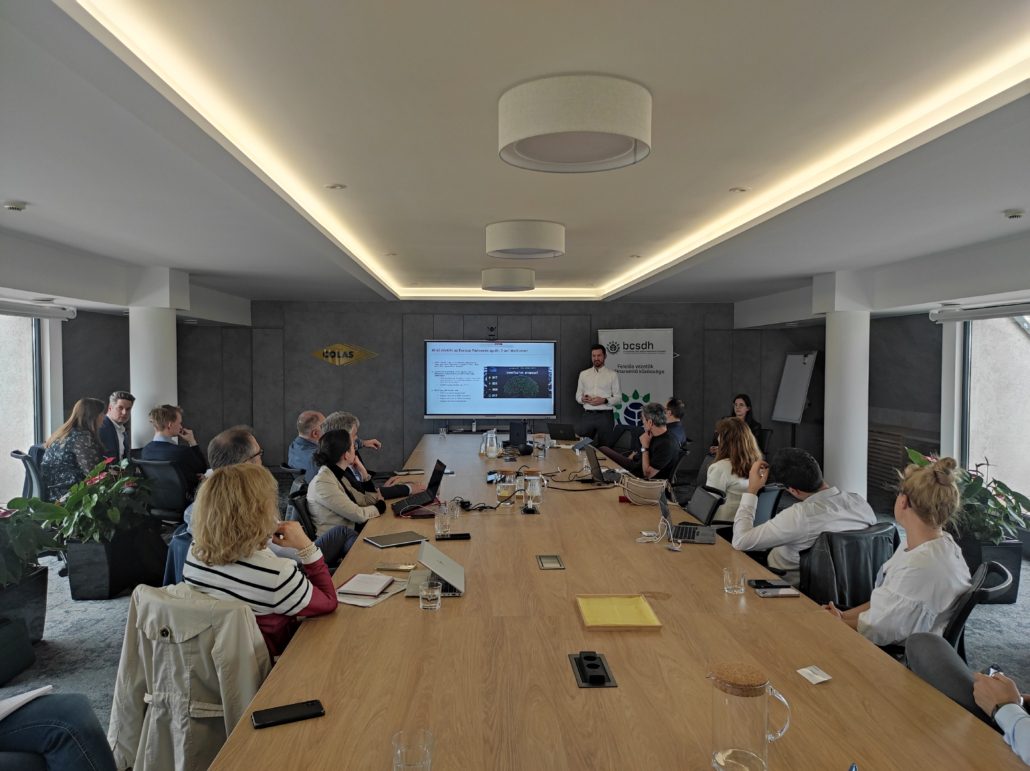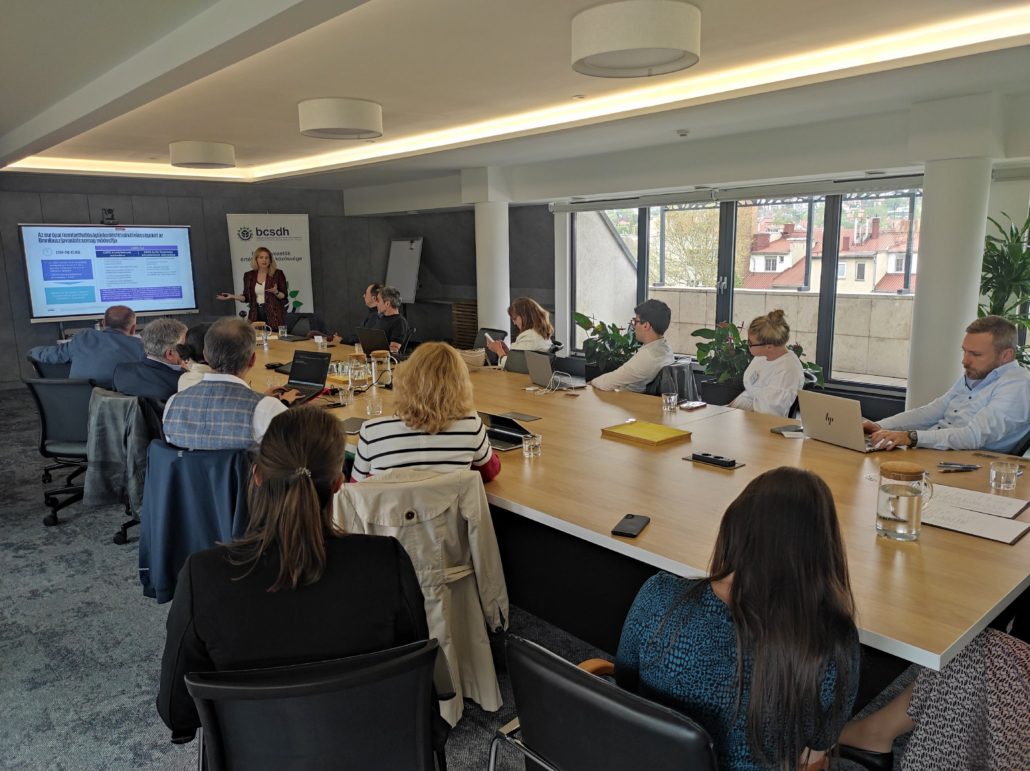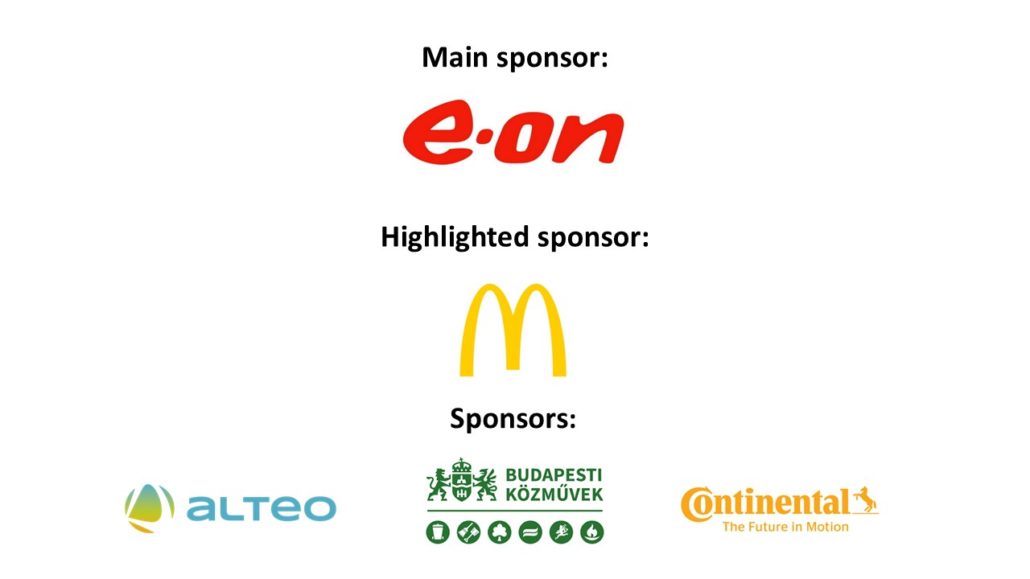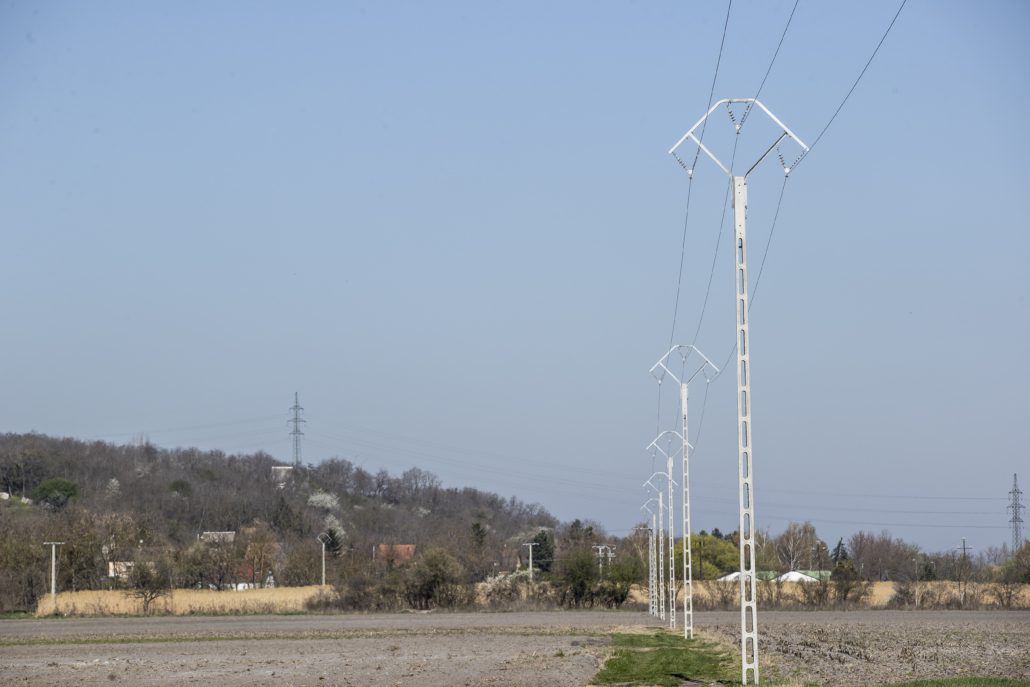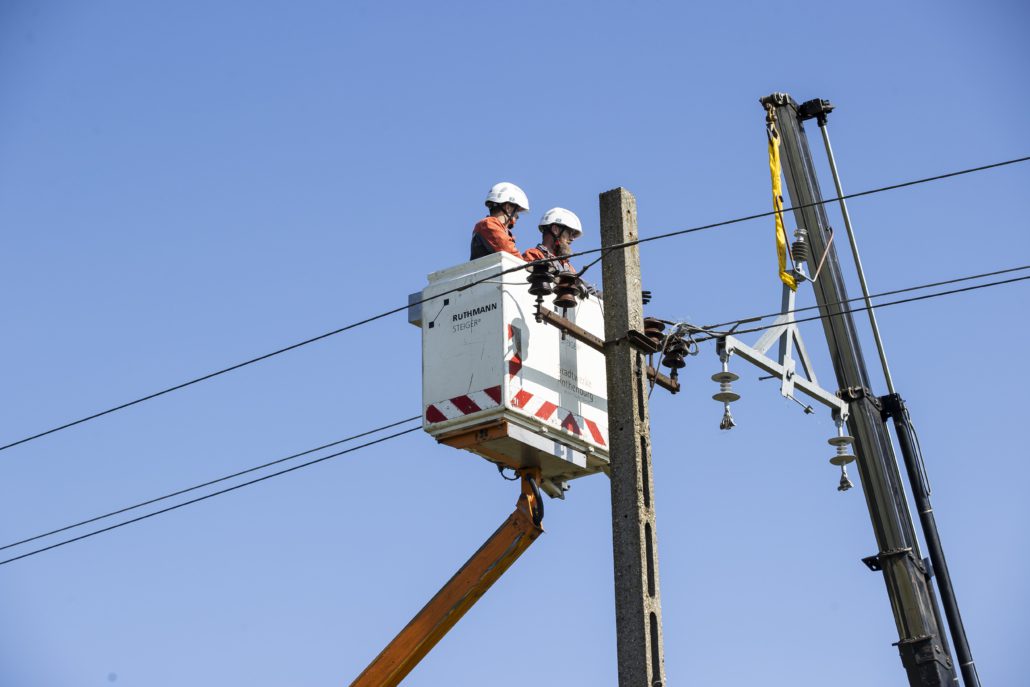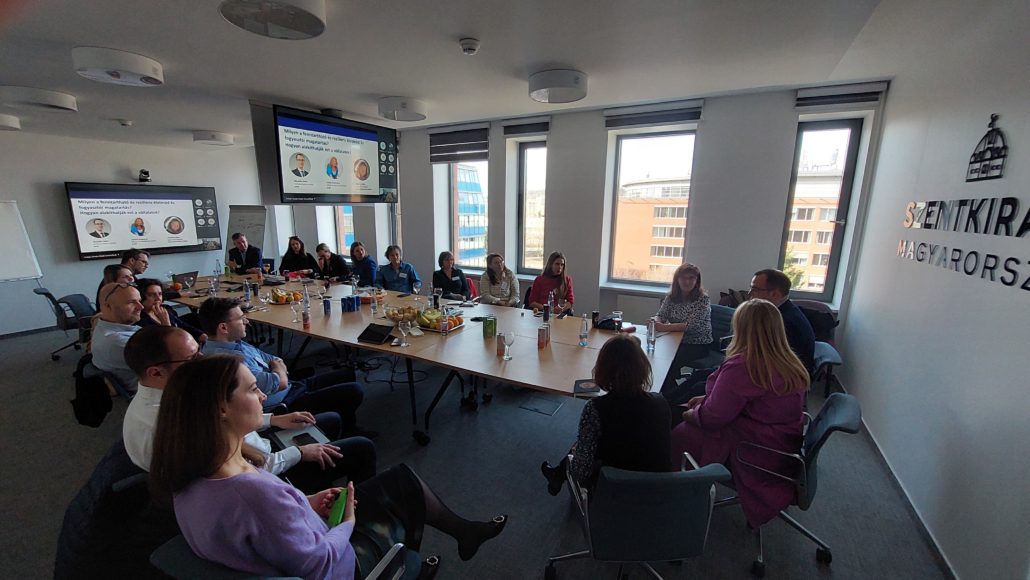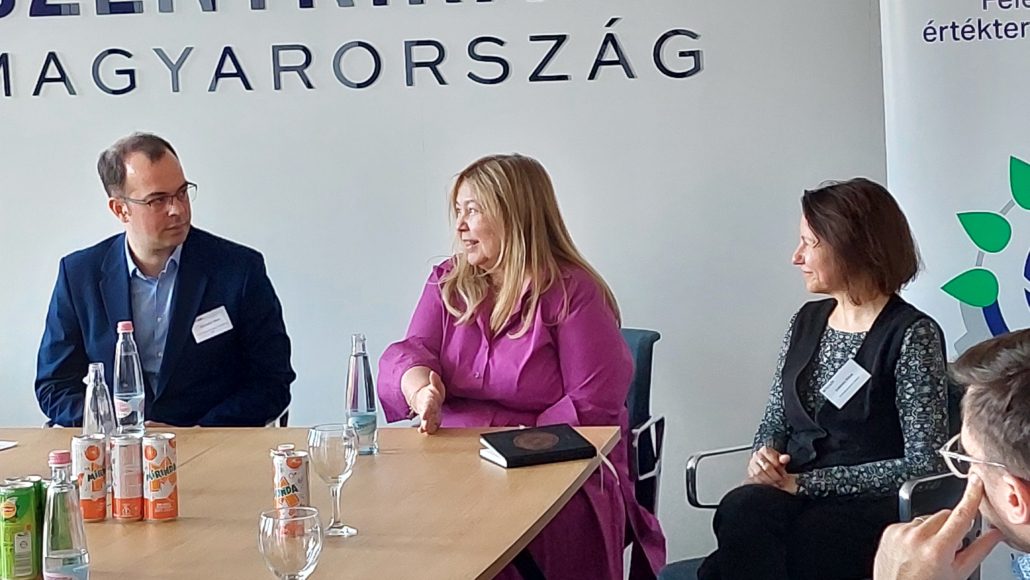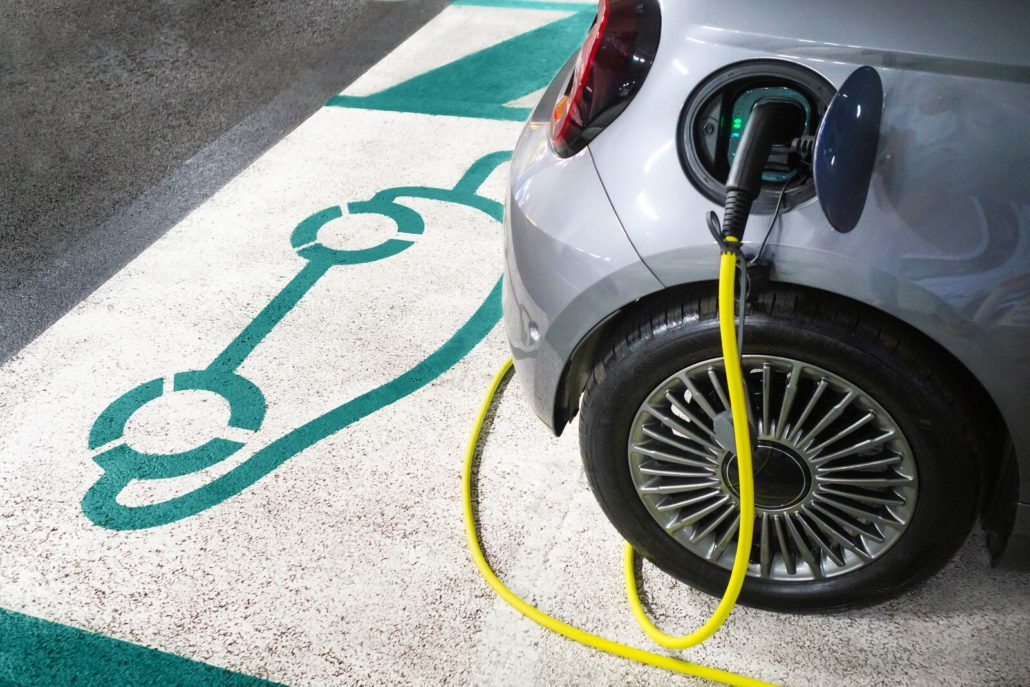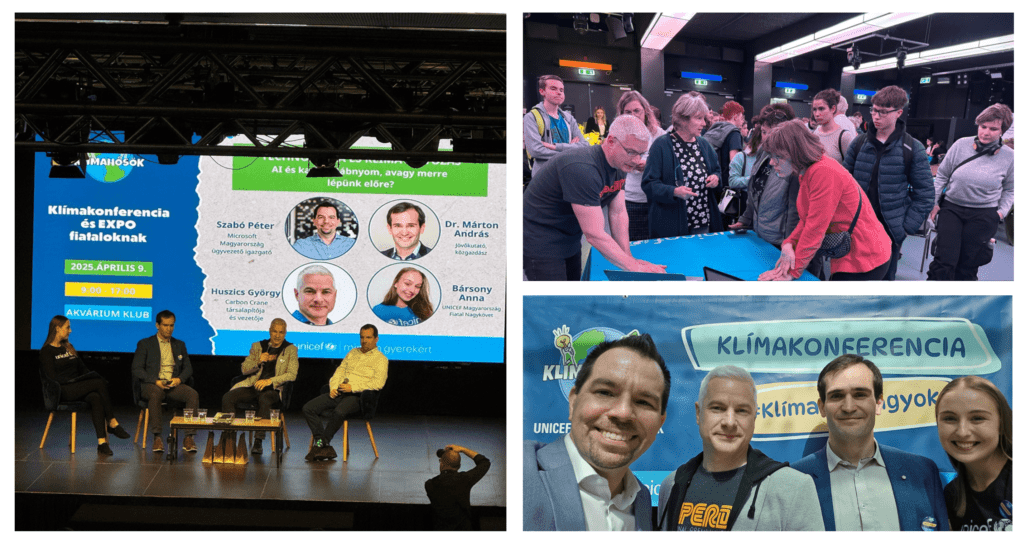Passenger cars and light commercial vehicles (vans) account for about 19% of total CO2 emissions in the EU1. To reduce emissions, the EU has set vehicle emission standards for new cars and vans, also referred to as the CAFE standards (corporate average fuel economy). Under the regulation, car manufacturers are required to align production with the emission targets set, but it is far from easy as demand is not yet keeping pace with this dynamic change and the transition to electric cars is still not happening at the pace expected by the regulation. The newly appointed Commercial Director of Ayvens, Viktor Hegedűs, gave a progress report on the details of the regulation and what it means for car manufacturers and companies with company fleets.

Key cornerstones of CAFE regulation:
2020 – 2024 (based on NEDC2):
- Cars: 95 g CO2/km
- Vans: 147 g CO2/km
2025 – 2034 (based on WLTP3):
- Cars: 93.6 g CO2/km (2025-2029) and 49.5 g CO2/km (2030-2034)
- Vans: 153.9 g CO2/km (2025-2029) and 90.6 g CO2/km (2030-2034)
2035: All new passenger cars and vans sold in the EU must be zero-emission.
Fines and flexibility
Starting in 2025, manufacturers will face fines for not meeting these targets, with estimates suggesting potential fines could reach around €20 billion if trends continue. This has led manufacturers to lobby the European Commission for more flexible targets. While the overall targets will stay the same, the European Commission may allow manufacturers to average their emissions over a three-year period from 20254. This means they can have some flexibility in how they meet these targets, but the 2035 goals will (until now) remain unchanged. This is therefore seen as a temporary fix, as the industry must ultimately move towards more sustainable practices. This amendment is now subject to approval by European Parliament and Council.
The changing automotive landscape in 2025
The demand for battery electric vehicles (BEVs) and hybrid electric vehicles (HEVs) is rising, while plug-in hybrid electric vehicles (PHEVs) are declining. Local laws and fiscal regimes are increasingly supporting EU’s strive for decarbonisation, adding more pressure on manufacturers to speed up their shift to electric vehicles. An example of this are the recent changes in benefit in kind taxation in France and Italy or the recent clampdown on plug-in hybrid vehicles in Hungary, which removes the tax and parking benefits for this type of vehicle.
In 2025, there will be more BEV models available than ever before, but there is still a gap between what is offered and what consumers expect. Although the average range of BEVs is improving – now reach 460 km in practice, not just on paper, for some models – the options are still limited for vehicles priced below €25,000.
Global electrification trends towards 2030
Europe and China are expected to lead in electrification, while the pace of change in the United States and other regions may be slower due to different regulations. Other parts of the world will also move towards electrification but at a slower rate.
As the EU aims to reduce CO2 emissions, car manufacturers face both challenges and opportunities in adapting to these new rules. With fines for non-compliance on the horizon, manufacturers must embrace more sustainable practices. Strategies such as increasing sales of electric vehicles, collaborating with others to meet emissions targets, and offering competitive pricing are becoming essential.
As the demand for electric vehicles grows, fleet managers need to keep an eye on the new laws and their potential impact on costs. Efforts to reduce emissions are significantly reshaping the industry, highlighting the need for strategic planning and the involvement of experts to effectively navigate this new landscape in the long term.
Sources:
CO₂ emission performance standards for cars and vans – European Commission
NEDC: New European Driving Cycle – previous standard emission test for vehicles. Replaced by WLTP
WLTP: Worldwide harmonised light vehicle test procedure
Commission proposes flexibility to help manufacturers comply with 2025 CO2 emission targets








